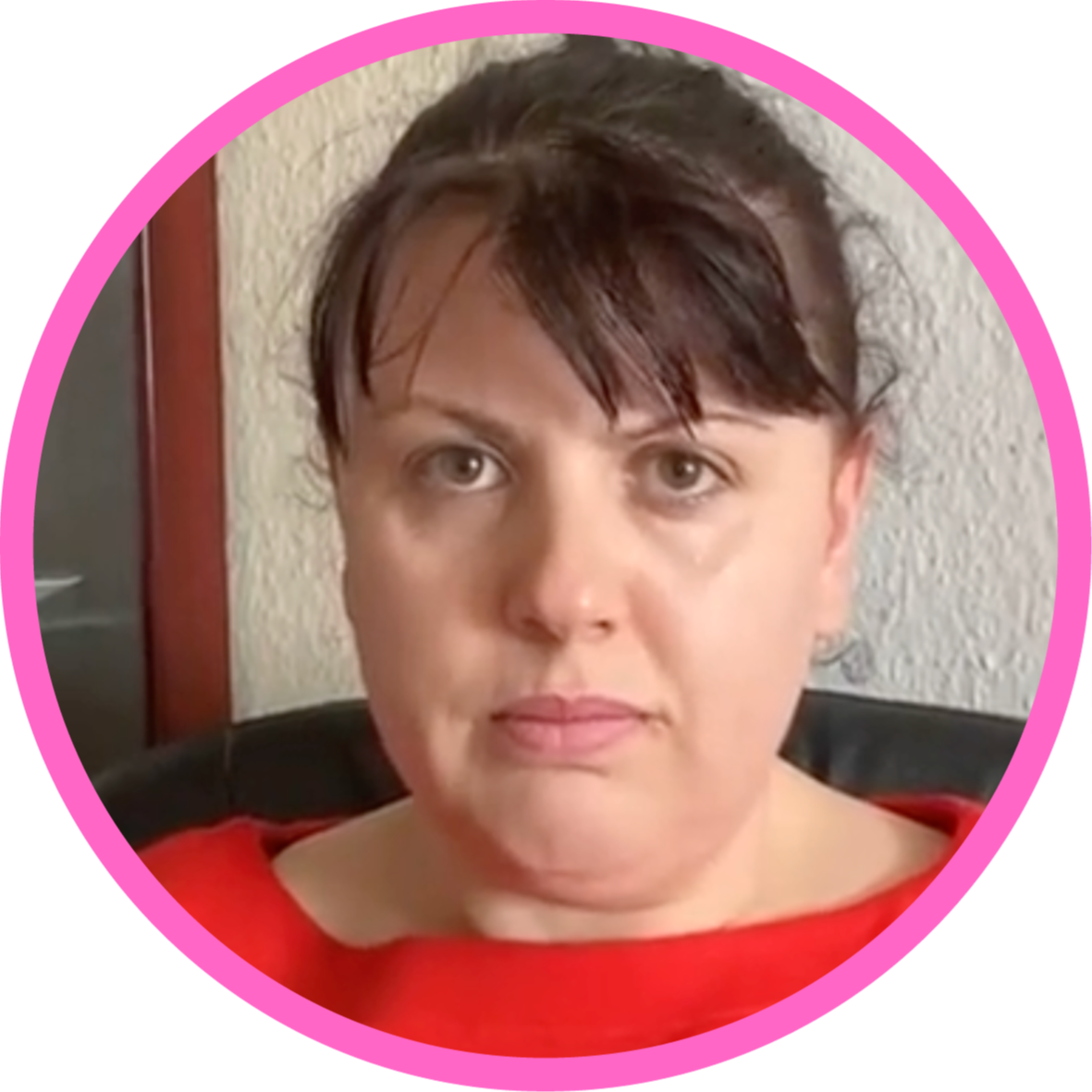10 MOST COMMON MISTAKES English learners make

Most common grammar mistakes
Have you been studying English for years, but you still make these mistakes? Well, you're not the only one because even advanced-level English learners still do and it's not my job to tell you whose fault it is, but let me help you get rid of them for good.
The first step of improving is understanding where you need to improve and if you're making any of these mistakes, then this is the perfect place to start.
1. Auxiliary verbs
Auxiliary verbs are very important in English, because by changing the auxiliary verb you change the whole tense, for example:
Do you work here? ( present simple)
Did you work here? ( past simple)
So, by changing do to did, I changed the sentence from Present Simple to Past simple.
Three main auxiliary verbs in English are:
do
be
have
They are extremely important in English and mastering them will help you a lot in expressing yourself more confidently. The great news is that their use is consistent. We use
Do - Simple tenses
Do /Does -Present simple
Does she travel very often?
Do they own this restaurant?
Did - Past simple
Did you call me last night?
Did Jane and Paul invite you to their party?
Be - Continuous forms and passive voice
Am/is/are - Present continuous
I am getting ready for the concert.
Is she having a meeting right now?
Was/were- Past continuous
Were you sleeping when I called?
They were driving so fast and nearly hit the post.
am/is/are/was/were- Passive voice
This was painted by Sara.
We were invited by her parents.
Have- Perfect tenses
Have/has -Present perfect
They have been married for 10 years.
Has she met your mother yet?
Had- Past perfect
We had seen that film before, so we left the cinema.
She hadn't been there before, so she didn't know the place.
2. Uncountable Nouns
There are two types of nouns in English countable and uncountable nouns. Countable nouns are easy you can count them - a table, two tables, ten tables and when there’s more than one, the noun becomes plural, so we add an "s".
a table - two tables
a phone - two phones
an apple - two apples
an ant - two ants
But uncountable nouns are different and they don’t usually have a plural form, so you can’t use a singular article with them and you need to use quantifiers to help explain how much of the noun there is.
There is some milk in the fridge.
Don't worry. We have plenty of time.
There is a list of uncountable nouns in English below. Of course, there are more, but learning these is a good start.
We can also use expressions like a piece of, a bit of, a moment of and of course, if you're talking about food, you can be more specific, like a glass of oil, a cup of sugar, a tablespoon of baking powder, etc.
Can I give you a piece of advice on this?
It was a moment of happiness.
I need a cup of flour, a glass of oil, some butter, a tablespoon of baking powder and some water to make my favourite pancakes.
Uncountable nouns list pdf

3. Subject-verb agreement
Subject-verb agreement is as simple as it sounds. The verbs you are using need to agree with the subject, which means when you write a sentence, you need to remember if the verbs changes in that person, like it does in the third person singular, or which verb you use for each person and so on.
This is such a common mistake in English that even my advanced English students sometimes make these mistakes as well and it’s simply because they’ve got into some bad habits they don’t realise that they’re making these mistakes. For example:
That house looks expensive.
Those houses look expensive.
She is the girl I was telling you about.
Jack and Tom are helping me move out.
Irregular verbs list. Watch the video to practice the right pronunciation and memorize them faster.
4. Irregular verbs
Irregular verbs in English mistakes difficult to master because there are no rules that you can learn to logically explain why one verb is regular and the other is not even though there are fewer irregular verbs than regular verbs, many irregular verbs are really really common verbs you can't escape them you need to learn them.
I got up very early today.
She told me the truth.
They met at our house.
We went to a restaurant and then drove around to see the city.
How to memorize irregular verbs?
1. Group verbs with the same endings
ough - brought, thought
pt - slept, kept and so on.
2. Listen to them again and again.
3. Write meaningful sentences that help you memorize them.
4. Try writing a little diary of your everyday activities. Because a lot of the irregular verbs are actions we do daily, such as went, slept, saw, told, met, had, drove, ate, bought, thought, woke, got, made, heard, brought, came etc.
5. Articles
Articles are very confusing to English learners. Which one should you use when and why?
Here is a little explanation to help you with that.
A/an are indefinite articles. Therefore we use them to talk about general things and
The is a definite article, which is used when both the speaker and the listener have shared knowledge. They both know what they are talking about, or things that are usually just one, for example: the sun, the moon, the president, etc.
See the difference in a sentence.
Can you pass me a book? ( a book- any book, it doesn't matter)
Can you pass me the book? ( a specific book, maybe we were talking about it before, but we both know which book I am asking for)
BUT sometimes we don't need an article at all!
We don't use articles when we're talking about all of the same group, for example:
I don't like cheese. ( any kind of cheese)
I don't like the reduced-fat cheese. ( this specific kind of cheese only)
6. Prepositions
Prepositions in English give us information about time, location and direction.
In, on, at, for, by, between, forward
Sometimes two prepositions can have the same or very similar meanings, depending on the context. For example,
My brother is in University.
My brother is at University.
Here" in" and "at" have the same meaning if I'm answering the question- What does your brother do? He's at University / in University. ( same thing)
But at other times, the little preposition can have a big importance in the meaning of the sentence.
Watch out. There is a car coming.
She shouted to him. (She said something out loud so the other person could hear).
Stop calling me!
She shouted at him. ( She was angry with him)
7. Word order in questions
Asking questions and giving answers are the basics of a great conversation in any language. But while learning English, a lot of English learners translate their questions from their own language and the order is often wrong. In some cases, they just omit the auxiliary verbs, which are very important in English questions.
As I check my students' assessments or homework, I often see these mistakes.
You like to know more about my new project?
Why you not invite me?
Great News! There is a fixed structure for you to learn and use for any question.
It's called QUASI
QU - Question word - What, why, when, where, etc.
A - Auxiliary verb - do, be, have
S - Subject - he, she, it, they, Sara, my sister, etc
I - Infinitive - work, go, sleep, invite, etc.
Where did you go last night?
Qu A S I

8. Present Perfect
Remember when we talked about Auxiliary verbs, we said that we use HAVE to make Perfect tenses in English.
Subject + have/has + past participle - Present Perfect
I have cut my hair.
Have you been to the gym?
So the structure is not that difficult. The confusing part is why is present perfect used to talk about things that happened in the PAST. Doesn't it say Present after all? If you look at the sentences above, they are all in the present perfect and talk about things that have already happened, but they are still connected to the present.
I have cut my finger. - I cut it yesterday, but you can see it now.
Have you been to the gym? - You noticed I had lost some weight and the result is evident at the moment we're having this conversation.
So, we use present perfect to talk about the past when the present and the past are still connected.
9. Present perfect or Past simple?
Another mistake that my students make very often is understanding when to use present perfect and when to use past simple. The best way to understand their difference is that
- Present perfect is used for experiences, general things, things we don't know, or we don't say when they happened,
BUT
Past simple is used for completed/finished actions in the past.
So you would start a conversation with a general question in present perfect
Have you ever tried sushi?
Have you ever been to the USA?
Have you seen that film?
If the answer is yes and you want to know more details about it, you have to be more specific in your questions, like:
When did you try it?
Did you like it?
Was it good?
Who did you go with?
Where did you stay?
How was it?
Did you watch it at the cinema or at home?
Did you like the ending?
We use present perfect for unfinished times, therefore we often use it with expressions like today, this week, this month, this year, but past simple is for finished completed actions in the past and normally tell us the exact time when the action happened.
I have been so busy today. ( today is not finished yet)
I was so busy yesterday.
She has worked 50 hours this week. (the week hasn't finished yet)
I worked 50 hours last week.
We've been on holiday twice this year. (This year is not finished)
We went on holiday twice last year.
10. Adjectives that end in ED and ING
Are you bored or boring?
I am excited to help you clear this one once and for all. Here is the simplest way to remember the difference.
We use adjectives with ED to express how we feel.
I'm bored.
I'm tired.
I'm excited.
I'm confused.
I'm amused.
We use adjectives with ING to talk about the cause or source of the feeling.
I'm bored because the film was boring.
I'm tired because my job is tiring.
I'm excited because I got some exciting news.
I'm confused because I find this map confusing.
I'm amused because this museum is amusing.
























